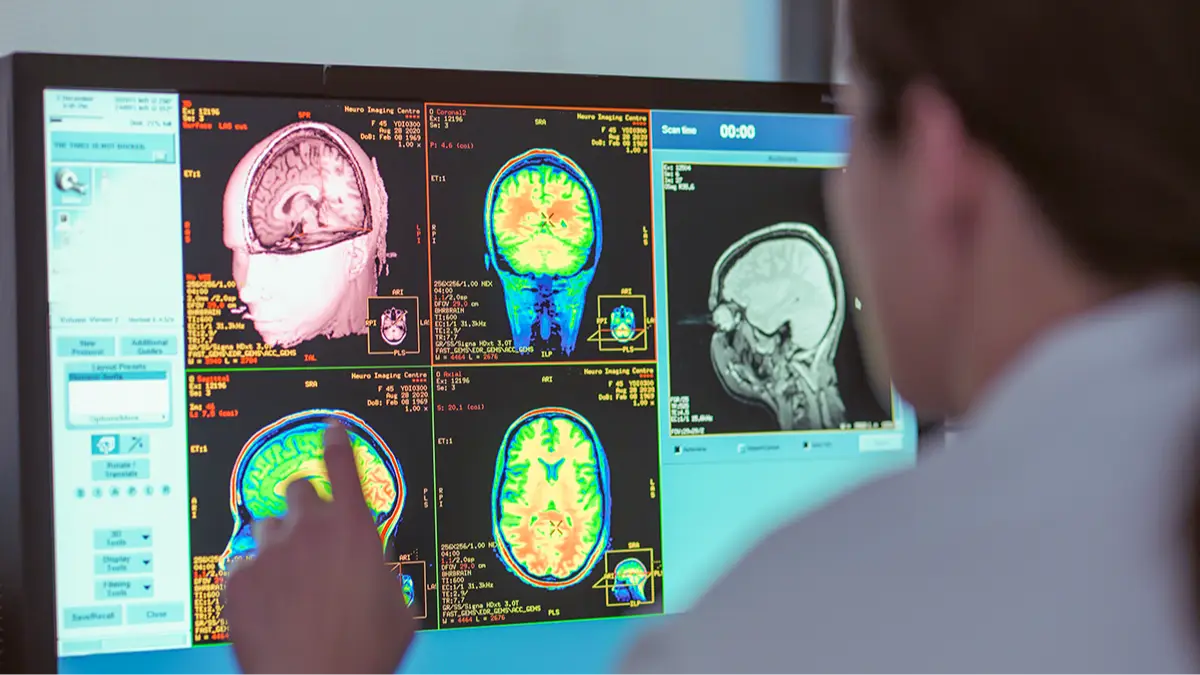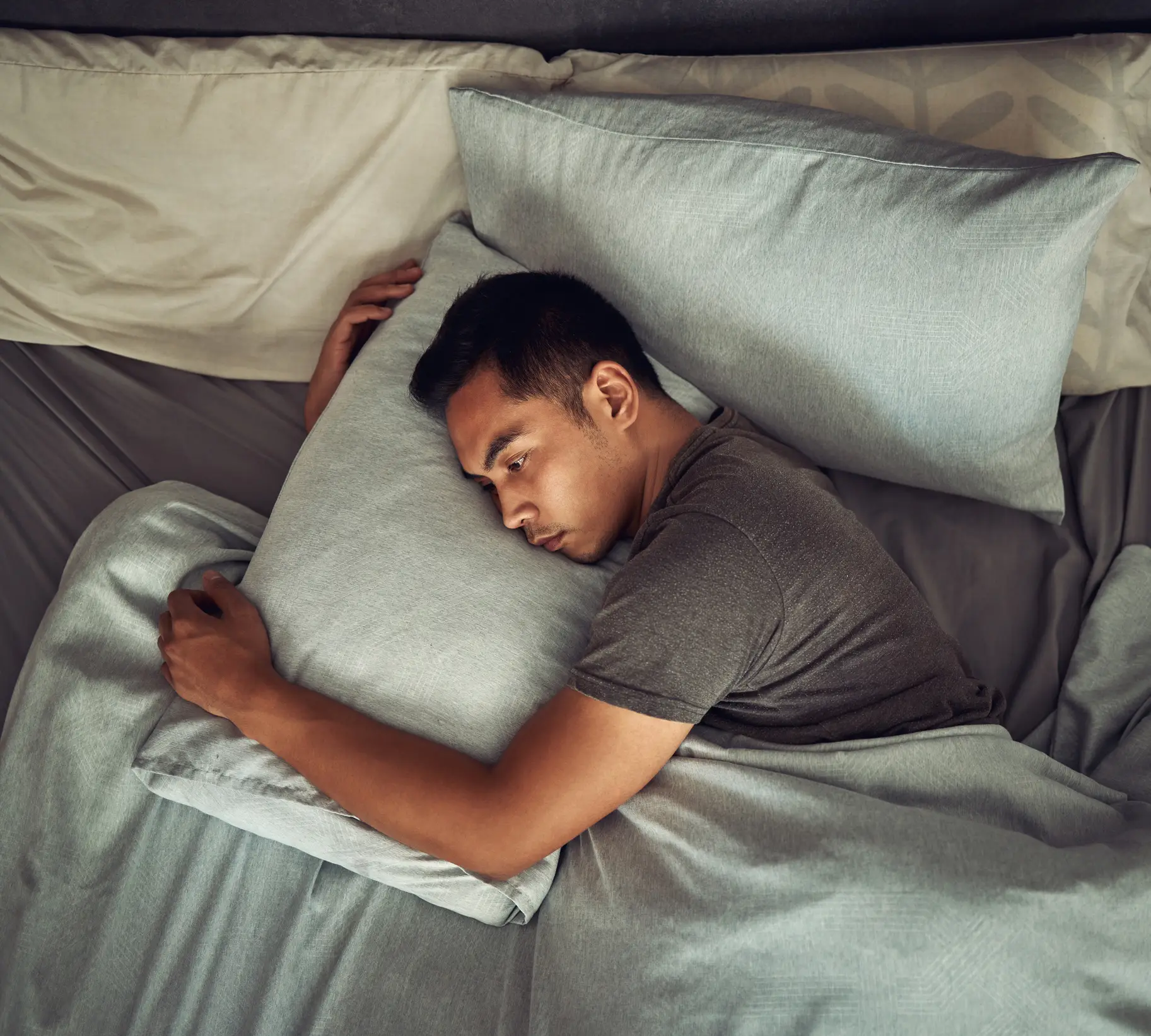
There’s one thing we’re doing that could be ruining our brains, and you’re probably not going to guess what it is.
Modern life is full of things that can damage us in the long run, such as 'doomscrolling' on social media in bed, ultra-processed foods, or sipping on a can of diet soda.
What isn't ruining us at this point? However, what all these things have in common is that they can impact one of our most important organs - the brain.
And there's something our noggins need to function, and that's sleep. Now, there's been plenty of studies out there on how a poor sleep schedule affects the brain, but not getting a good night's rest can potentially impact your brain's ageing.
Advert
A study from the Karolinska Institute in Sweden examined how a person's bad sleep schedule could make their brain 'look older'.
To do this, they examined sleep behaviour and brain MRI scan data of over 27,000 UK adults who were between 40 and 70.

What they found was that those who reported bad sleep had brains that actually appeared to have aged.
To determine the brain’s age, they used more than ‘1,000 different imaging markers from MRI scans’ using a machine learning model that looked at those who had no major health concerns, and whose brains matched more closely to their chronological age.
When the machine model 'learned' what a normal brain looked like, it was applied to the study's full population, with researchers discovering that for every one-point drop in sleep quality, the brain had aged about six months, and that those who slept the worst had brains around a year older than their actual age.
The researcher considered various sleep qualities, breaking them into five factors: how much you sleep, whether you snore, whether you have insomnia, your daytime fatigue, and whether you’re a 'morning' or 'evening' person.
However, they noted that one sign could snowball into others, like if you have insomnia, you might also feel more daytime fatigue than others.
But the five factors created a healthy sleep score, which they used to rank participants based on where they stood.

The study found that people with four or five healthy traits had a ‘healthy’ sleep profile, those with two to three had an ‘intermediate’ profile, and those with zero or one had a ‘poor’ sleep profile.
All in all, the researchers determined that being a night owl, as well as having an abnormal sleep duration, were the two things most likely to age your brain, which could potentially increase a person’s risk of cognitive impairment, dementia and other neurological conditions.
But it's not all doom and gloom; you can change your habits to sleep better, according to one of the study's co-authors, Abigail Dove, who said that sleep habits can be improved.
In an article for The Conversation, she recommends strategies like limiting caffeine, alcohol and screen time before bed, and keeping your room quiet and dark.
